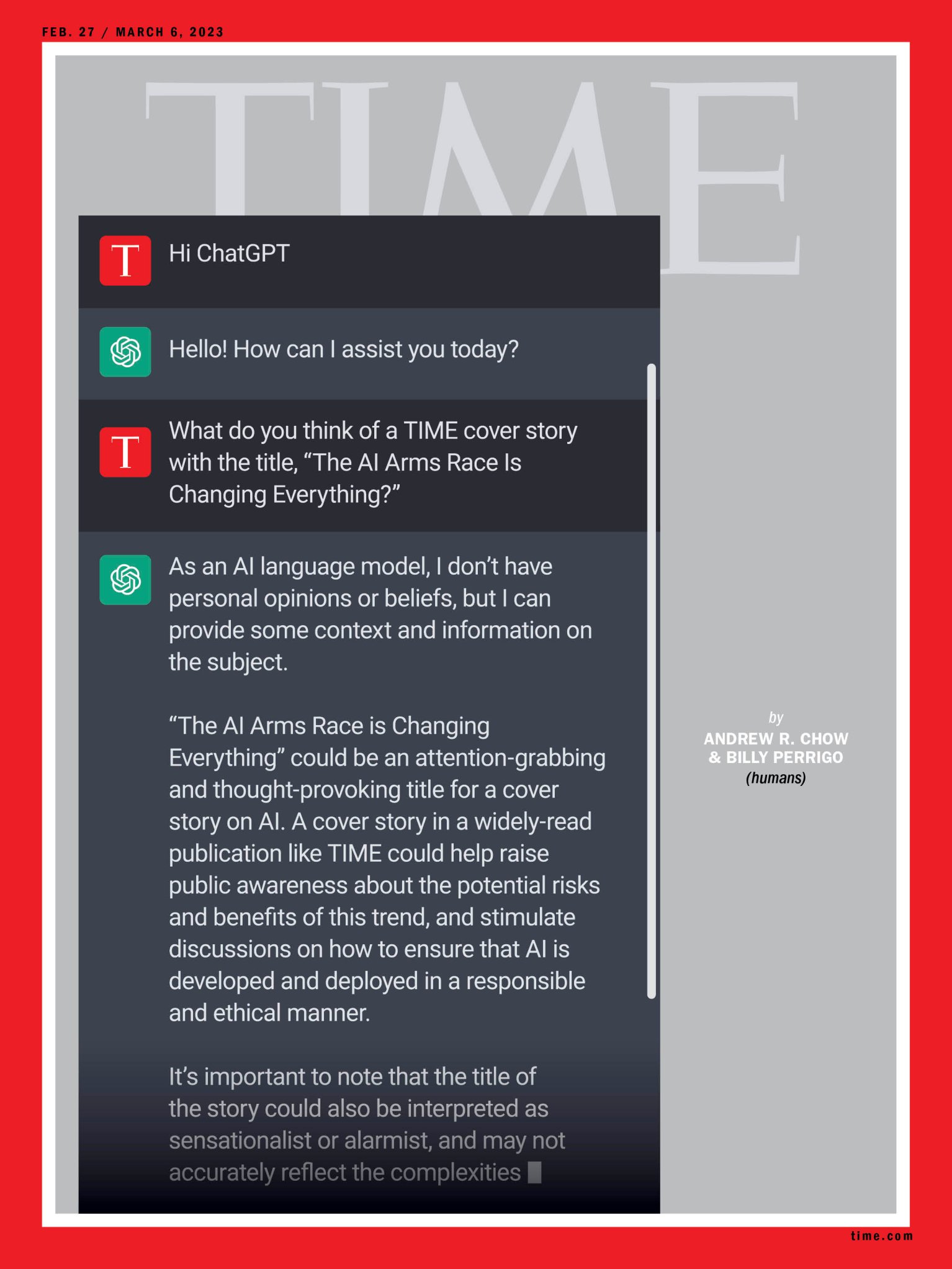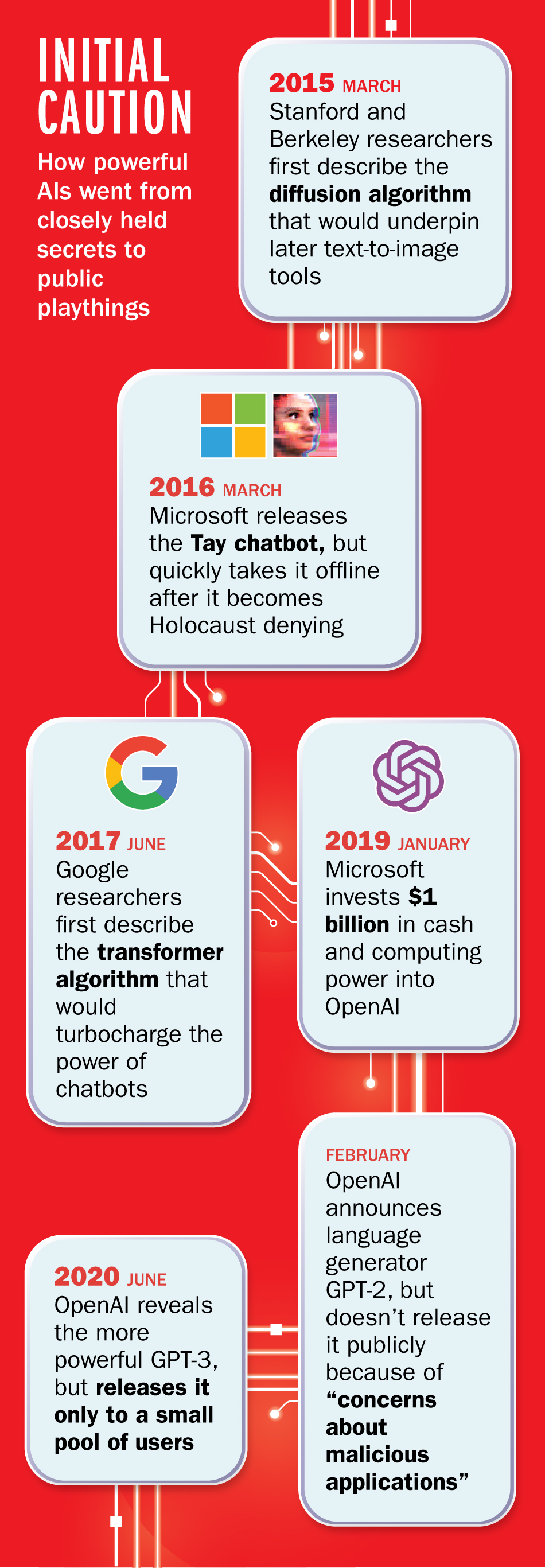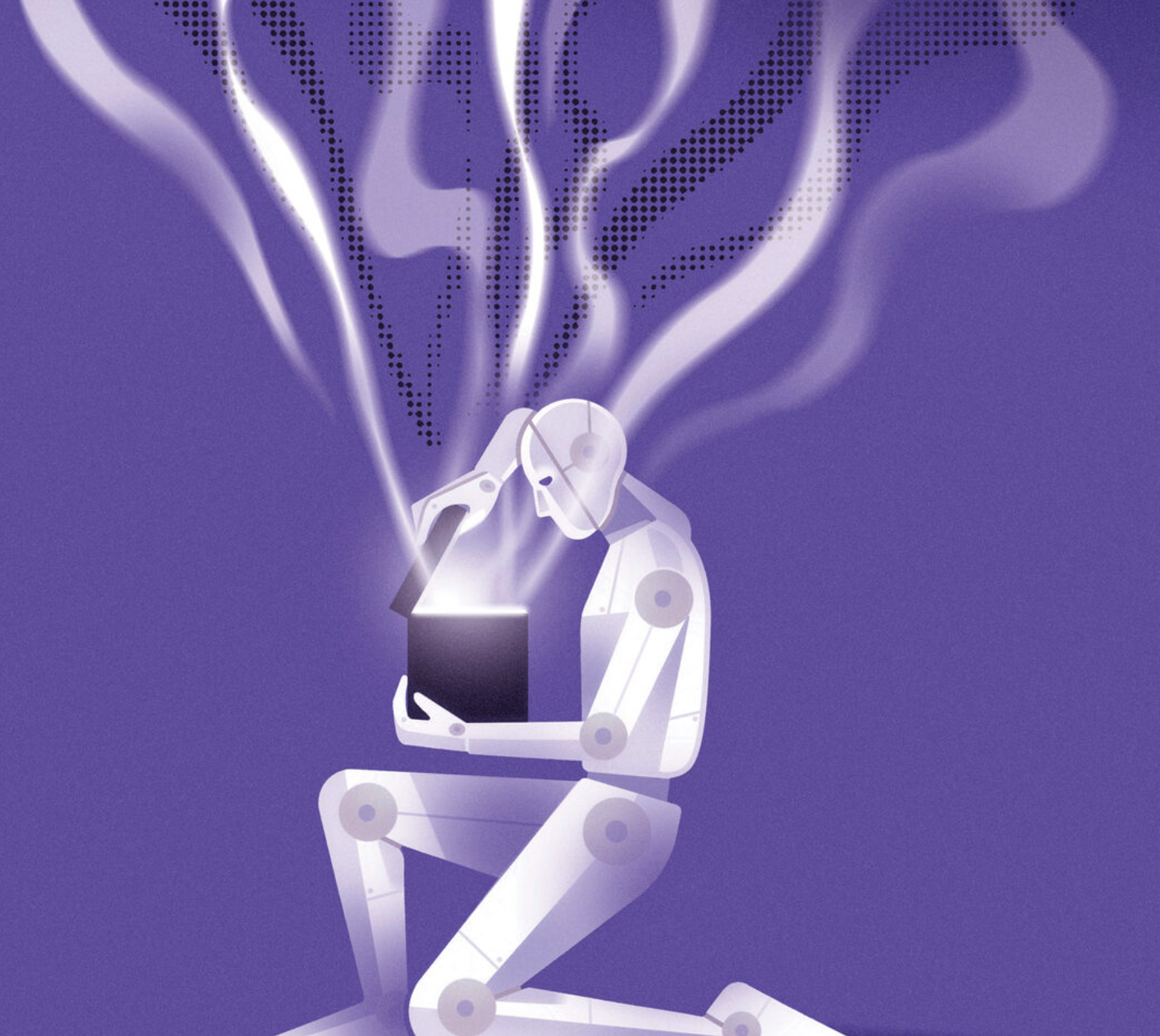We asked:
As AI language models like GPT-3 become more advanced, what ethical considerations should be taken into account regarding their potential impact on society and the way we communicate?
Simplified Overview:
AI language models like ChatGPT are revolutionizing the way we communicate online, but their impact on society is still uncertain. Companies like Microsoft and Google are investing heavily in this technology, but experts warn of potential ethical concerns and the need for responsible development.

Insider Look:
AI chatbots like GPT-3 are quickly gaining popularity among businesses worldwide. With the ability to communicate and interact with customers in a human-like manner, they have proven to be highly effective tools for improving customer engagement and support.
Microsoft and Google are two of the biggest players in the AI chatbot space, with each company investing heavily in the development of their respective platforms. Microsoft's chatbot, known as Xiaoice, is already being used in China to provide personalized conversations to millions of users. Google's chatbot, on the other hand, is still in the experimental stage, but is expected to be a major force in the future of customer service.
But what impact will AI chatbots really have on the future of customer service? According to experts, AI chatbots like GPT-3 have the potential to transform the way businesses interact with their customers. Here are just a few of the ways that AI chatbots could impact customer service in the future:
1. Improved Response Times: With AI chatbots, businesses can respond to customer inquiries and support requests in a matter of seconds, rather than hours or even days. This means that customers can get the help they need quickly and efficiently, leading to higher levels of satisfaction and loyalty.
2. Smarter Conversations: AI chatbots are capable of learning from previous conversations and interactions to provide more personalized and relevant responses to customers. This means that customers can get better, more targeted support, leading to a better overall experience.
3. Lower Costs: By automating many of the repetitive and time-consuming tasks involved in customer service, AI chatbots can significantly reduce the cost of providing support. This means that businesses can offer better service at a lower cost, while also saving time and resources.
4. Greater Scalability: Since AI chatbots can handle multiple conversations simultaneously, they can help businesses scale their support operations without having to hire additional staff. This means that businesses can handle more customer inquiries and support requests without sacrificing quality.
Overall, the future of customer service looks bright with the rise of AI chatbots. With their ability to provide quick, personalized, and cost-effective support, they are poised to become a key component of any successful customer service strategy. As technology continues to advance, we can expect to see even more exciting developments in the world of AI chatbots and customer service.
Microsoft and Google are two of the biggest players in the AI chatbot space, with each company investing heavily in the development of their respective platforms. Microsoft's chatbot, known as Xiaoice, is already being used in China to provide personalized conversations to millions of users. Google's chatbot, on the other hand, is still in the experimental stage, but is expected to be a major force in the future of customer service.
But what impact will AI chatbots really have on the future of customer service? According to experts, AI chatbots like GPT-3 have the potential to transform the way businesses interact with their customers. Here are just a few of the ways that AI chatbots could impact customer service in the future:
1. Improved Response Times: With AI chatbots, businesses can respond to customer inquiries and support requests in a matter of seconds, rather than hours or even days. This means that customers can get the help they need quickly and efficiently, leading to higher levels of satisfaction and loyalty.
2. Smarter Conversations: AI chatbots are capable of learning from previous conversations and interactions to provide more personalized and relevant responses to customers. This means that customers can get better, more targeted support, leading to a better overall experience.
3. Lower Costs: By automating many of the repetitive and time-consuming tasks involved in customer service, AI chatbots can significantly reduce the cost of providing support. This means that businesses can offer better service at a lower cost, while also saving time and resources.
4. Greater Scalability: Since AI chatbots can handle multiple conversations simultaneously, they can help businesses scale their support operations without having to hire additional staff. This means that businesses can handle more customer inquiries and support requests without sacrificing quality.
Overall, the future of customer service looks bright with the rise of AI chatbots. With their ability to provide quick, personalized, and cost-effective support, they are poised to become a key component of any successful customer service strategy. As technology continues to advance, we can expect to see even more exciting developments in the world of AI chatbots and customer service.
Essential Insights:
Three-Word Highlights
AI, chatbots, technology.
Winners & Losers:
Pros:
1. AI can help automate tedious and repetitive tasks, freeing up time for humans to focus on more creative and complex work.
2. AI can provide personalized and efficient customer service, improving overall customer satisfaction.
3. AI can assist in medical diagnoses and treatment plans, potentially saving lives and improving healthcare outcomes.
Cons:
1. AI can perpetuate biases and discriminatory practices if not properly trained and monitored.
2. AI can lead to job displacement and unemployment as machines become more advanced and capable of performing tasks traditionally done by humans.
3. AI can pose a threat to privacy and security, as it collects and analyzes vast amounts of personal data.
Bottom Line:
Elon Musk has founded a new corporation called X AI, which will focus on developing artificial intelligence. The corporation aims to create AI that is safe and beneficial for humanity.



Ref.
Join The Conversation!





